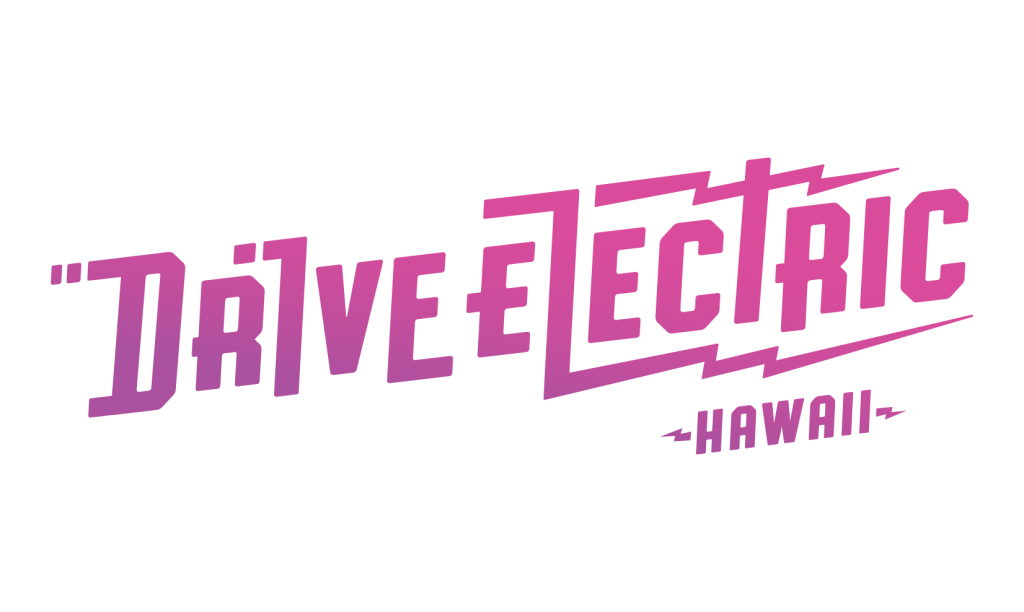Charging 101
Electric Charging Basics
Most electric vehicle owners charge their vehicles at home. An overnight charge is typically sufficient for most drivers to wake up to a fully charged battery that will get them wherever they need to go throughout the day. A growing network of charging stations is also available throughout the state if you don’t have an outlet where you park your car at home.

Level 1 Charging
This charging option utilizes the plug that comes with your EV, connected to a standard 120-volt alternating current (AC) outlet found in most U.S. households. Depending on your EV, this adds 2 to 5 miles of range per hour of charging. Charging overnight is usually enough to cover the average daily commute.

Level 2 Charging
Level 2 charging can be installed in a home, and is the most common form of public charging. This charging option uses a 240-volt connection, requiring the installation of a charging unit, upgrades to electrical panels, and a dedicated circuit for charging. The cost of the installation and equipment will vary depending on if you are installing an at-home level 2 charger, or a public charging station. Depending on your vehicle, Level 2 will add 15 to 30 miles of range per hour of charging.

DC Fast Charging
This charging option uses a 480-volt direct current (DC) connection enabling rapid charging at public charging stations. A DC fast charge can add 60 to 100 miles of range in 30 minutes. DC Fast Charging is typically suitable only for public charging facilities due to the high cost of installation.
Frequently Asked Questions
Find the answers to all of your questions about charging your EV!
What should I choose?
The choice between Level 1, Level 2, or DC fast charging is all about trade-offs. Level 1 requires a longer charging time. However, Level 2 and DC fast charging will incur additional expenses, whether from additional equipment, installation, and upgrades or from higher fueling costs at faster public charging facilities.
What should I choose?
The choice between Level 1, Level 2, or DC fast charging is all about trade-offs. Level 1 requires a longer charging time. However, Level 2 and DC fast charging will incur additional expenses, whether from additional equipment, installation, and upgrades or from higher fueling costs at faster public charging facilities.
Is charging safe?
Charging your EV is safe. Plugs and outlets are protected from bad weather and water, and safety features are built into EVs and charging stations to prevent electrical hazards. Check out your EV owner’s manual or talk to your automobile dealer for more information.
Can I charge at home?
Electric vehicles may be charged at home, with the included Level 1 charging cord, plugged into a common household outlet. Or, an owner may opt to purchase and install a quicker Level 2 charging station. If you choose to install a Level 2 station, a licensed electrician and a building permit may be required for any electrical work. Consult a licensed electrician to understand the installation process and cost.
Where can I charge?
There’s an App for That! PlugShare is a community-based tool that guides users to public charging locations throughout the world. Available for iOS, Apple Watch, Android, and on the web. Download the PlugShare App!
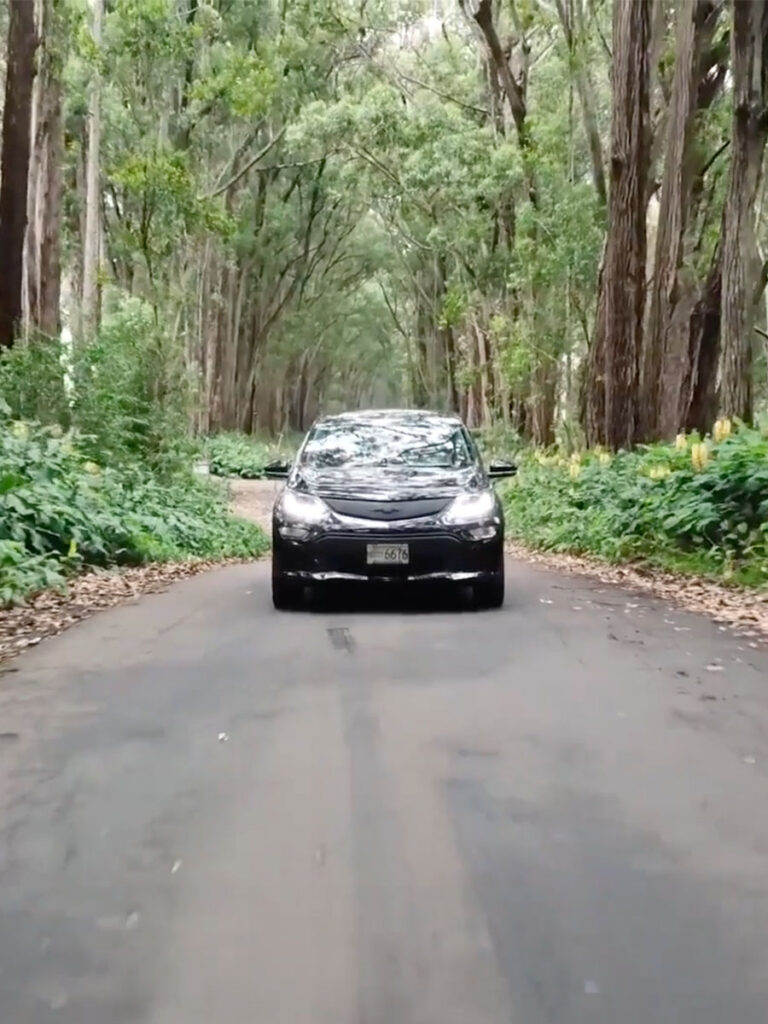
Charging On the Go
There are multiple station locators available online. Use the map below to find an EV charging station near you.
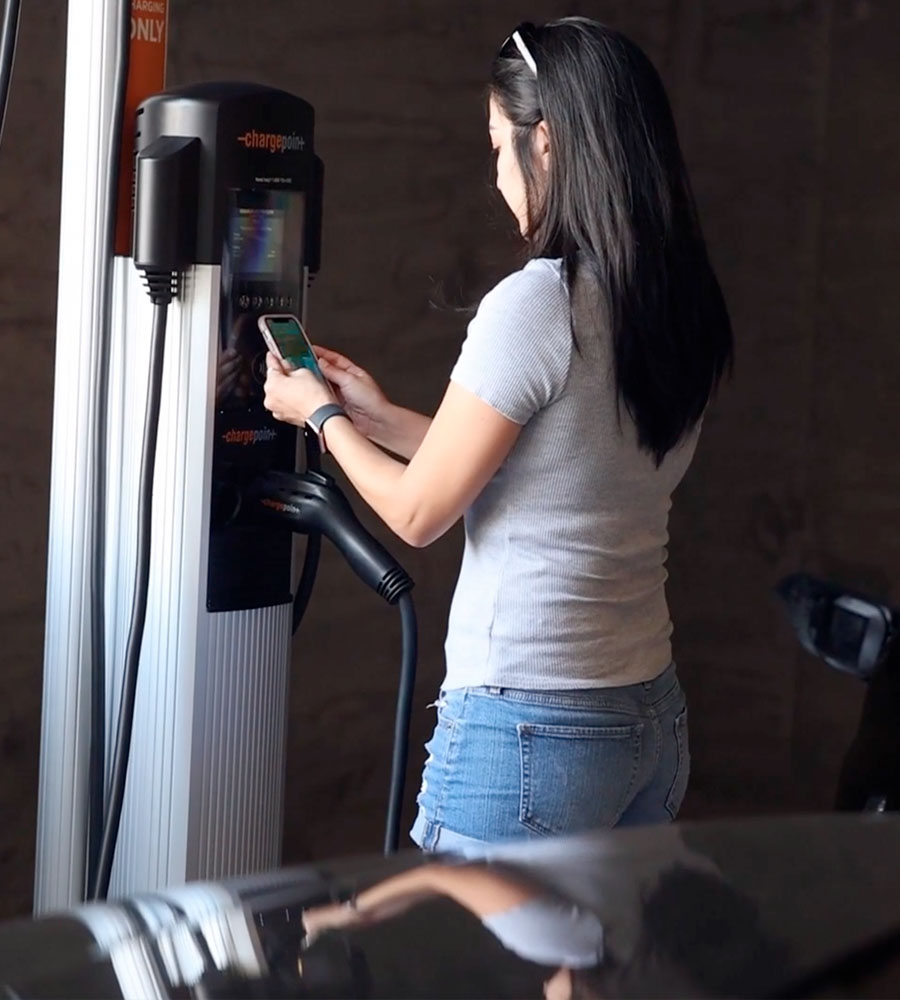
Commercial EV Charging Installation
Hawaii is home to a growing network of commercial EV charging stations located at workplaces, public parking locations such as grocery stores and shopping centers, and multi-unit dwellings. However, to support the large number of electric vehicles predicted to be on the roads in the future, we still have a long way to go. There are a number of reasons why it’s a great idea for commercial facility owners to consider installing EV charging stations on their properties.
Why Install Charging?
- Showcase your commitment to sustainability
- Support your employees, customers, or residents.
- Mitigate the costs of climate change
- Gain points towards LEED Certification
- Provide economic benefits for the local economy
- Promote public health
- Become compliant with EV charging regulation
Available Incentives
Smart Charge Hawaii
Smart Charge Hawaii helps eligible electric vehicle drivers earn up to $150 or 10,000 HawaiianMiles for connecting their EVs to the grid. Track your EV charging at home and on the go in the free ev.energy app, and help improve grid reliability across the islands.
Hawai’i Energy EV Charging Station Rebate Program
Offset installation costs at your commercial public facility through Hawai’i Energy’s EVSE rebate program. Rebates are available on a first-come, first-served basis while funding lasts. Effective date of station must be between July 1, 2021 and June 30, 2024 to qualify.
Federal Alternative Fuel Vehicle Refueling Tax Credit (Form 8911)
This tax credit covers 30% of the EV charging hardware and installation costs, up to $30,000, for commercial EV charging installations.
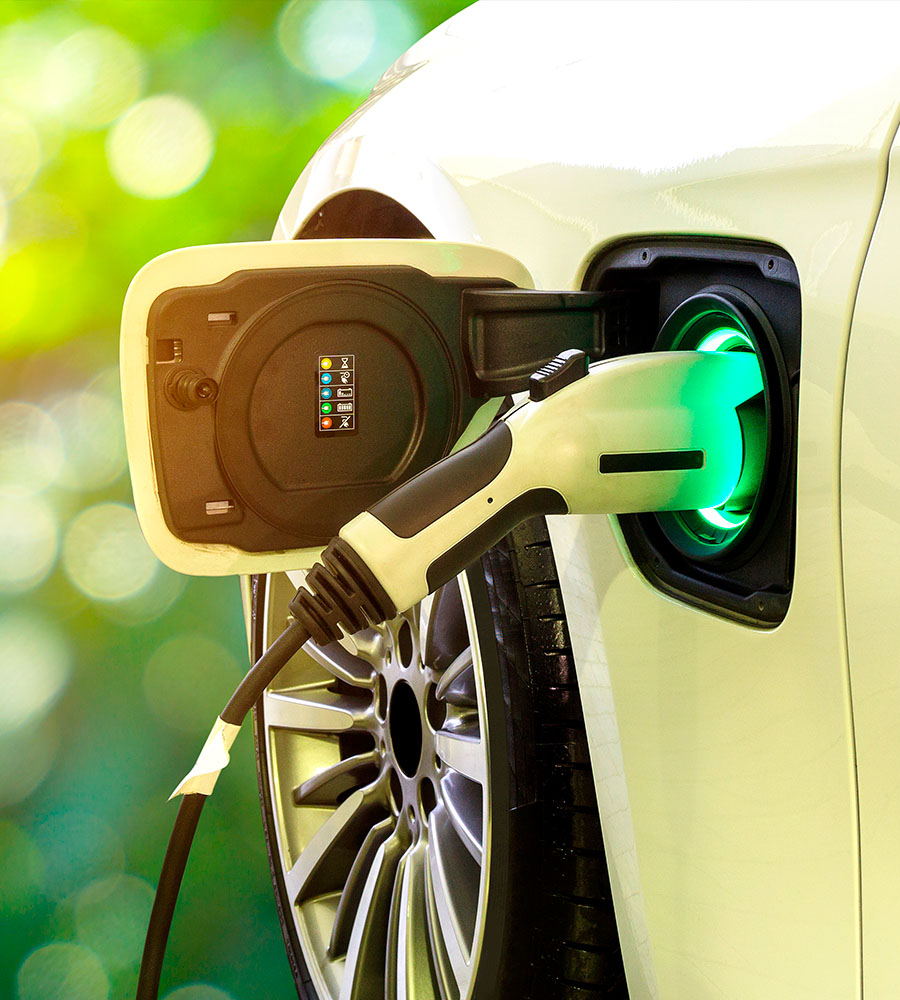
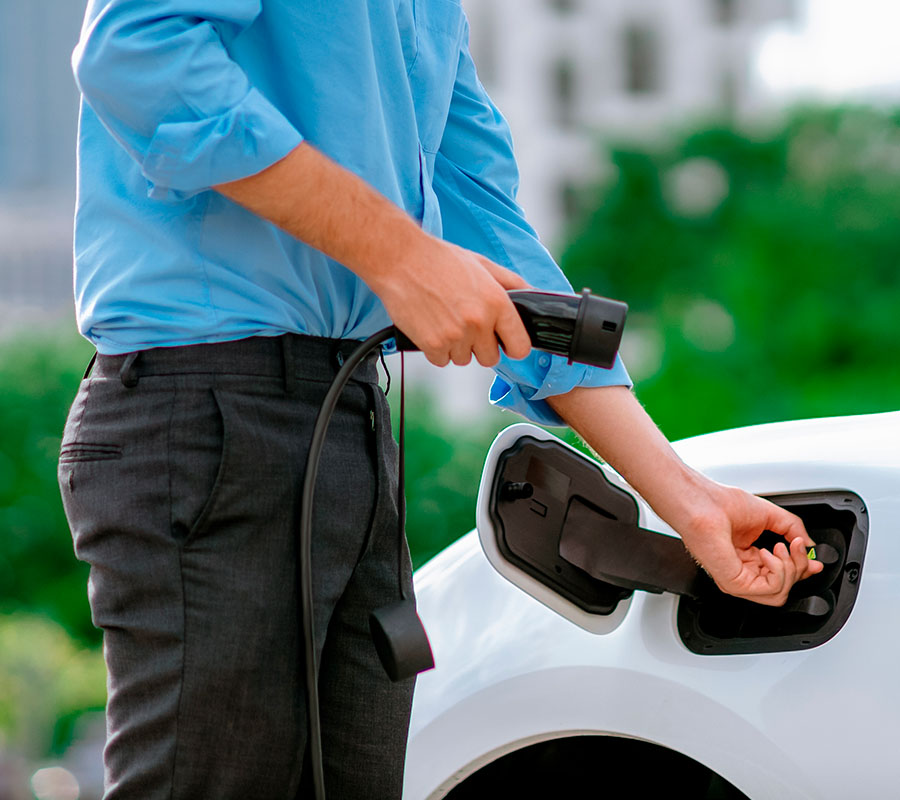
Costs to Consider
- Purchase price of the charging equipment
- Labor costs for charger installation
- Cost of networking fees: ~ $300 – 400 per port per year
- Engineering and Permitting
- Costs for potential electricity upgrades
- Ongoing costs of EVSE maintenance
Consider future-proofing the infrastructure to avoid additional costs for future expansion and installations.
